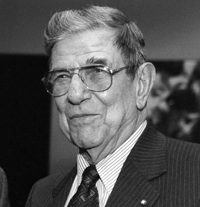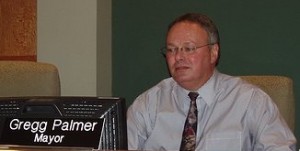I’ve walked three miles every morning for the last 25 years. Walking helps keeps me mentally balanced, reduces stress, helps ward off heart disease, depression and diabetes. It gives me time and space to clear my head, and frankly is the closest I ever come to meditating. It’s a must for my dog, too, who expects his daily constitution. To me, daily walking is an indispensable activity.
So last year when I came down with a serious case of plantar fasciitis and heel spurs, it might as well have been the end of the world. The pain was debilitating. I just couldn’t believe it was possible to wear out one’s feet by walking regularly. It didn’t make sense. I was desperate to make the pain go away, so I tried arch supports, shoe inserts, and all sorts of springy shoes that advertised they would help the problem. Nothing helped. I went to a podiatrist who diagnosed the problem with x-rays, recommended traditional physical therapy (at $75/hour) and cortisone injections into my foot, but the idea of sticking a needle into my foot just made me cringe. Plus, the doctor couldn’t give me any assurance that these treatments would cure the problem. It was all just stuff we could try.
Then one day during a chiropractic appointment, I complained to my practitioner, mostly for catharsis, about my plantar fasciitis and heel spurs and how they were keeping me from my daily walks. I didn’t expect him to do anything about it. I just wanted to vent.
To my great surprise, though, he said he could cure it and begged me to give him a chance to treat it.
No one had ever said anything to me like that before.

















